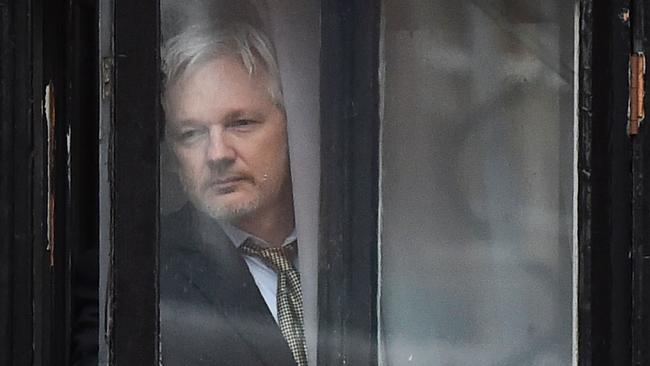Julian Assange’s failure ‘put informants in danger’
Julian Assange failed to redact all names mentioned in Afghan and Iraqi war logs, a court hears.

Julian Assange failed to redact all names mentioned in Afghan and Iraqi war logs, putting informants at grave risk, the Old Bailey has been told.
The Australian WikiLeaks founder is also accused of allowing an independent monitoring group, the Iraq Body Count, access to secret US files about Iraq several months before it was published, without the people in the organisation being vetted.
John Sloboda, the co-founder of the Iraq Body Count, told Assange’s extradition hearing in London that his organisation developed software to assist in the “laborious process’’ of culling sensitive names from 400,000 Iraq war documents that had been obtained by WikiLeaks.
Professor Sloboda said he approached Assange in mid-2010 to become involved in examining the information
He said Assange was “absolutely welcoming of it’’ but impressed upon him that the aim was to have “a very, very stringent redaction to the logs before publication”. Professor Sloboda said his organisation developed a program that removed any words not present in a simple English dictionary and also removed occupations and locations such as mosques.
“Everybody realised anything that was published needed redaction,” he said.
Professor Sloboda said an initial publication deadline passed because the redactions had not been complete.
It was put to Professor Sloboda that witness testimony indicated that by publishing documents without redactions, Assange created a grave risk for innocent people.
But Professor Sloboda said he didn’t know of two examples offered: that of D1, a local human source who provided information about an IED attack; and D2, an Iraqi who had turned in weapons and was threatened afterwards.
Assange is contesting extradition to the US, where he faces 18 counts under the Espionage Act and could face up to 175 years jail if convicted.
The trial continues.



